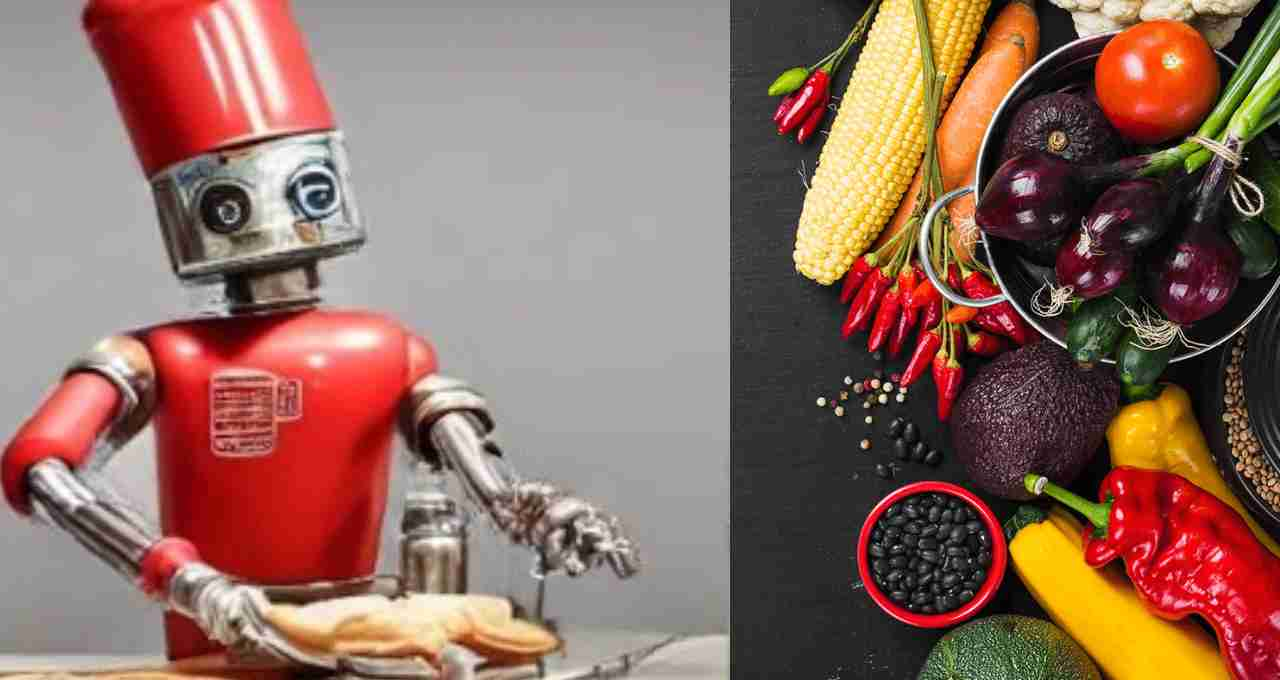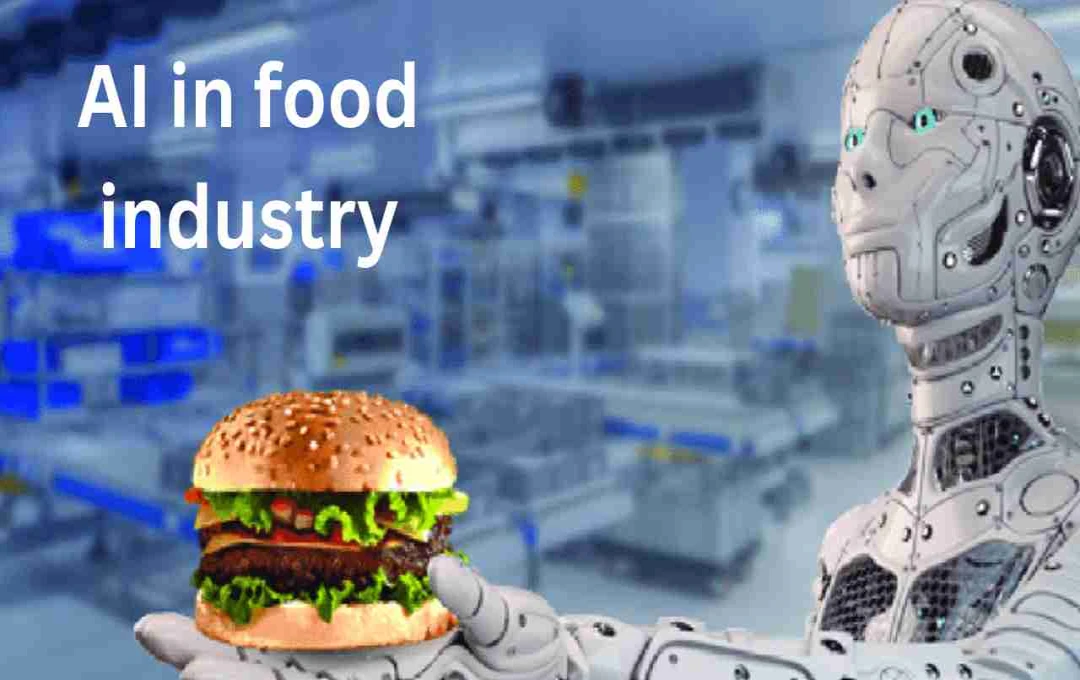Artificial Intelligence (AI) has made its presence felt across numerous sectors – healthcare, education, entertainment, and the corporate world. Now, AI is entering the realm of food sensory evaluation.
AI's Entry into the Food Industry
AI's influence extends across various industries – healthcare, education, entertainment, and now, the food sector. A study conducted at the University of Illinois Urbana-Champaign investigated the potential use of AI models, specifically ChatGPT, in food sensory evaluation.
What is Sensory Evaluation?
When we eat, we experience not only the taste but also the aroma, texture, color, and overall mouthfeel. This is known as sensory evaluation in food science. Traditionally, this is done by human testing panels – individuals who sample different dishes and provide ratings.
However, in this study, scientists chose ChatGPT to perform this task.
How AI Conducted the Test
Researchers provided ChatGPT with the ingredients for various brownie recipes and asked it to predict the taste, texture, and overall experience.
The AI's responses were categorized into three groups:
Positive (good feedback)
Negative (bad feedback)
Neutral (balanced opinion)
Researchers then compared the AI's assessments to human perceptions.

Why AI Instead of Humans?
The researchers explain that assembling human testing panels for numerous food products is time-consuming. Recruiting, training, and providing samples to participants is a lengthy process. Furthermore, some ingredients are unsafe for human consumption, yet testing their properties is still necessary. AI tools can be highly beneficial in such situations.
AI can analyze any recipe, understand its ingredients, and predict its potential taste – without actually tasting it.
Surprising AI Results
A striking finding was ChatGPT's overwhelmingly positive feedback for almost every brownie recipe, even those incorporating unusual ingredients like mealworms and fish oil.
According to the researchers, this behavior aligns with the psychological theory of "Hedonic Asymmetry." This theory suggests that humans (or AI that mimics human thought) tend to emphasize positive aspects while overlooking negative ones.
Can We Fully Trust AI?
Not yet. Currently, AI provides predictions, not definitive judgments of actual taste, as it cannot consume food itself. Therefore, it's best used as a tool, not a taste judge.
Further development of this technology could lead to AI models that better understand human taste patterns.
Will Human Food Testing Become Obsolete?
This study suggests that AI, especially large language models like ChatGPT, could significantly benefit the food industry, particularly in new product development or recipe adjustments.
AI can provide feedback on food quality based solely on text input, eliminating the need for testing teams and lab setups. This accelerates research and saves time.
This study opens a new frontier in food technology. With proper guidance and understanding of its limitations, AI could revolutionize food development.
In the future, the brownie you enjoy might be designed, and even taste-tested, not by a chef, but by AI.












